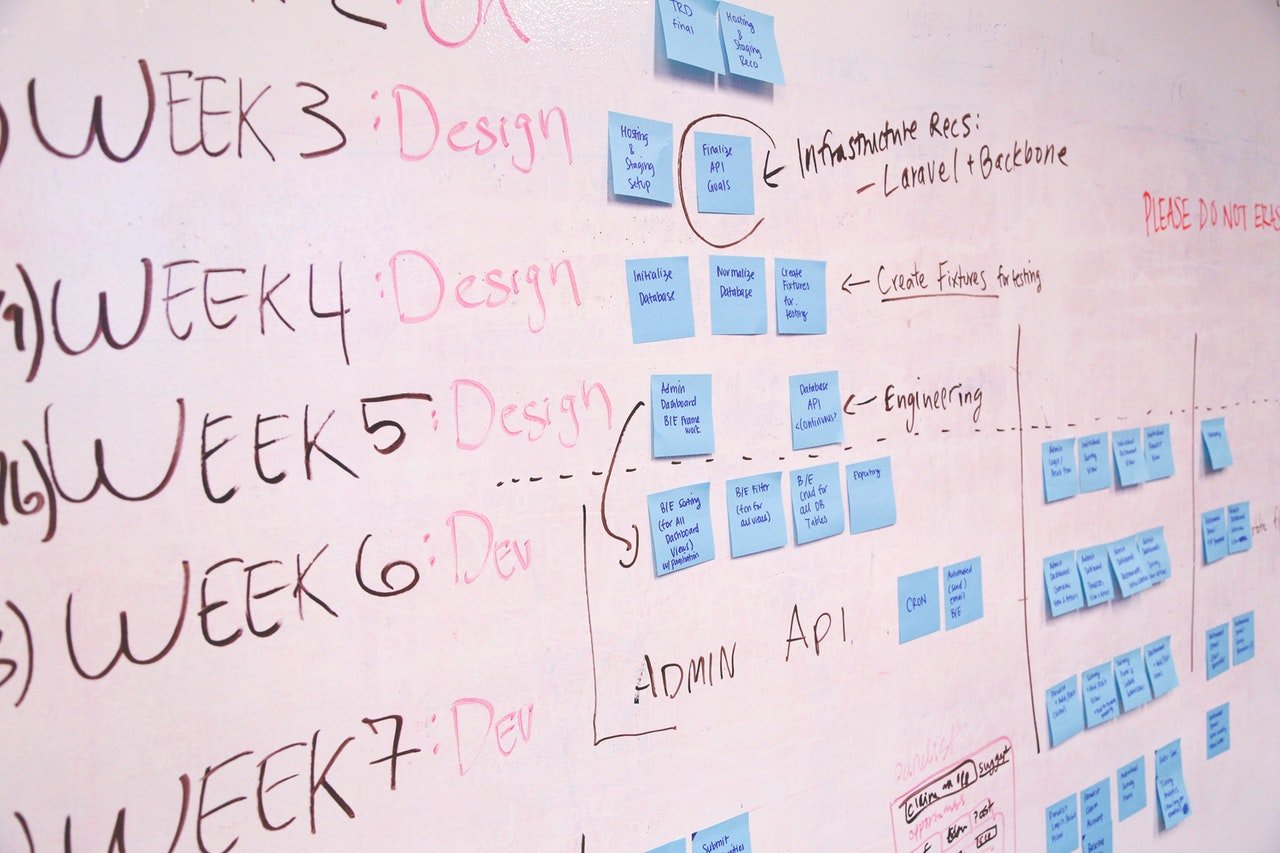
What Are Some ERP Systems?
An enterprise resource planning (ERP) system is an integrated software platform that encompasses all aspects of a business in one place. ERP system software is a useful tool for all companies, regardless of its size. It integrates all aspects of a business from accounting and human resources to logistics and customer service.
There are different ERP systems to choose from, such as SAP, Oracle, and Acumatica. Each tool has its distinct advantages and disadvantages, as well as various features to meet the needs of multiple types of businesses. You must choose the one that fits your company the best to ensure proper management of your processes and data.
What Is an ERP System?
ERP systems provide transparency in the business by tracking projects and processes, and acting as a central hub for workflows and data. It encourages better management of operations and gives insight into the performance of a company. This, in turn, can lead to better decision-making to improve, expand or grow the business.
An ERP system can run on local systems, cloud-based software—or both. Users may choose to integrate stand-alone products to form a unique ERP system or choose specific modules from a list of options (instead of employing the whole suite) to match their needs.
Do I Need an ERP System?
ERP systems are widely used among manufacturing, distribution, construction, healthcare and retail businesses. Some examples of companies that use ERP systems include Amazon, Apple, Walmart, Starbucks and Toyota, but you don’t have to be in these industries or a multi-million dollar company to employ an ERP system.
Any business that wants to improve their day-to-day operations, have better control over their data, or scale their company needs an ERP system to achieve their goals. The cost of implementing an ERP system can range significantly, but most vendors have cost-effective options designed for small and medium enterprises. Plus, what you gain from boosting workflow efficiency far outweighs the investment.
Examples of ERP Systems
Due to the increase in demand for ERP systems, companies now have more options to choose from to use in their day-to-day operations. Below are some of the more popular ERP system providers.
SAP
SAP is the largest ERP software provider in the world. Its end-to-end product powers and is the preferred platform of many small and mid-market businesses worldwide, from Fortune 500 companies to thousands of small and mid-sized businesses.
SAP Cloud ERP encompasses the cloud-based ERP solutions based on the market-leading SAP Business One, SAP Business ByDesign, and SAP S/4HANA Cloud Public Edition platforms. SAP Cloud ERP solutions are complete ERP systems with built-in intelligent technologies, including AI, machine learning, and advanced data analytics.
SAP also comes with fit-to-standard solutions available from Navigator Business Solutions, designed for easy implementation in different industries such as finance, manufacturing, consumer products, supply chain, and professional services.
Oracle
Oracle is a leader in the cloud-computing space, and its expertise in this field is evident in its ERP system. Its cloud platform offers a modern, connected approach as it delivers the functionality, analytics, security, mobile capabilities, and social collaboration tools needed by growing businesses that want to optimize their processes. It also boasts artificial intelligence (AI) functionalities to produce actionable insights that drive smarter decision-making.
Acumatica
Acumatica is a cloud-based ERP that can serve multiple business processes with cross-module workflows, including dashboards, document management, customization tools, etc. It can handle everything from financials, content management, and project management to reporting and business intelligence while providing teams with excellent visibility over different aspects of the company and its tasks.
Unlike most ERPs, Acumatica isn’t industry-specific, making it flexible for all businesses from retailers to nonprofit organizations.
Microsoft
Microsoft, one of the world’s leading software companies, offers its own cloud-based ERP with cutting-edge solutions that include customer relationship management, AI, financial analytics and productivity tracking tools. Microsoft provides different pricing plans for every business size and need, making them an excellent option for companies on a budget.
Sage
Sage’s ERPs are primarily known for their financial capabilities. Sage’s payroll, accounting, payment systems, and financial analytics tools are its biggest strengths.
What Is the Best ERP System?
The best ERP is the one that satisfies your company’s needs and enables you to achieve your business goals. That said, it’s hard to ignore SAP’s proven track record. Its ERP systems have helped multiple companies perform at their best, as it offers everything you need for your growing company. Learn how to integrate an SAP ERP system into your operations today.

